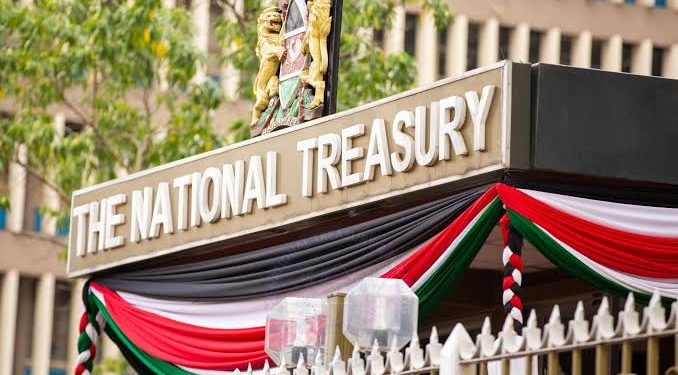Treasury Cabinet Secretary John Mbadi is calling for an urgent reduction in the Central Bank of Kenya’s (CBK) interest rates after the country’s inflation rate dropped to its lowest level in 12 years.
The decline to 3.6 percent, down from 4.4 percent last month, has been attributed to lower costs of food, energy, and transportation, offering some relief to households and businesses burdened by high living expenses and costly loans.
Mbadi emphasized that with inflationary pressures easing, the CBK should act quickly to cut its benchmark lending rate. He believes that lowering interest rates could stimulate economic activity by encouraging more borrowing from the private sector, which in turn would create jobs and boost growth.
“We think now that the central bank should start lowering the interest rate so that we encourage the private sector to take up more loans and create job opportunities,” Mbadi said while addressing lawmakers.
This drop in inflation marks the first time since December 2012 that Kenya’s inflation rate has fallen to such low levels, and it now lies within the government’s target range of 2.5 percent to 7.5 percent for the medium term.
The Treasury’s call for lower interest rates is driven by concerns that high borrowing costs, resulting from recent increases in the central bank’s benchmark lending rate, have stifled demand for credit. This has, in turn, hindered economic growth and placed further strain on businesses already dealing with rising loan defaults.
The Central Bank of Kenya is expected to announce its next decision on interest rates by October 8. Analysts predict that the latest inflation data may prompt the bank to implement rate cuts, potentially boosting the country’s economic performance in the coming months.


















